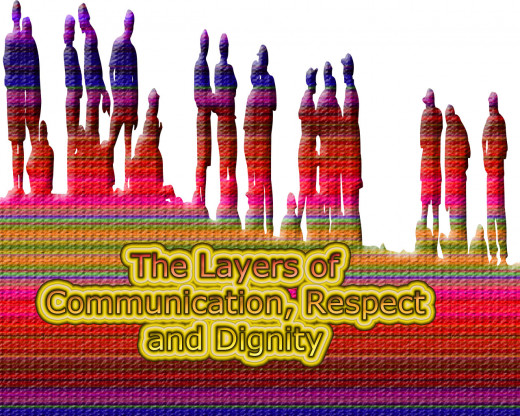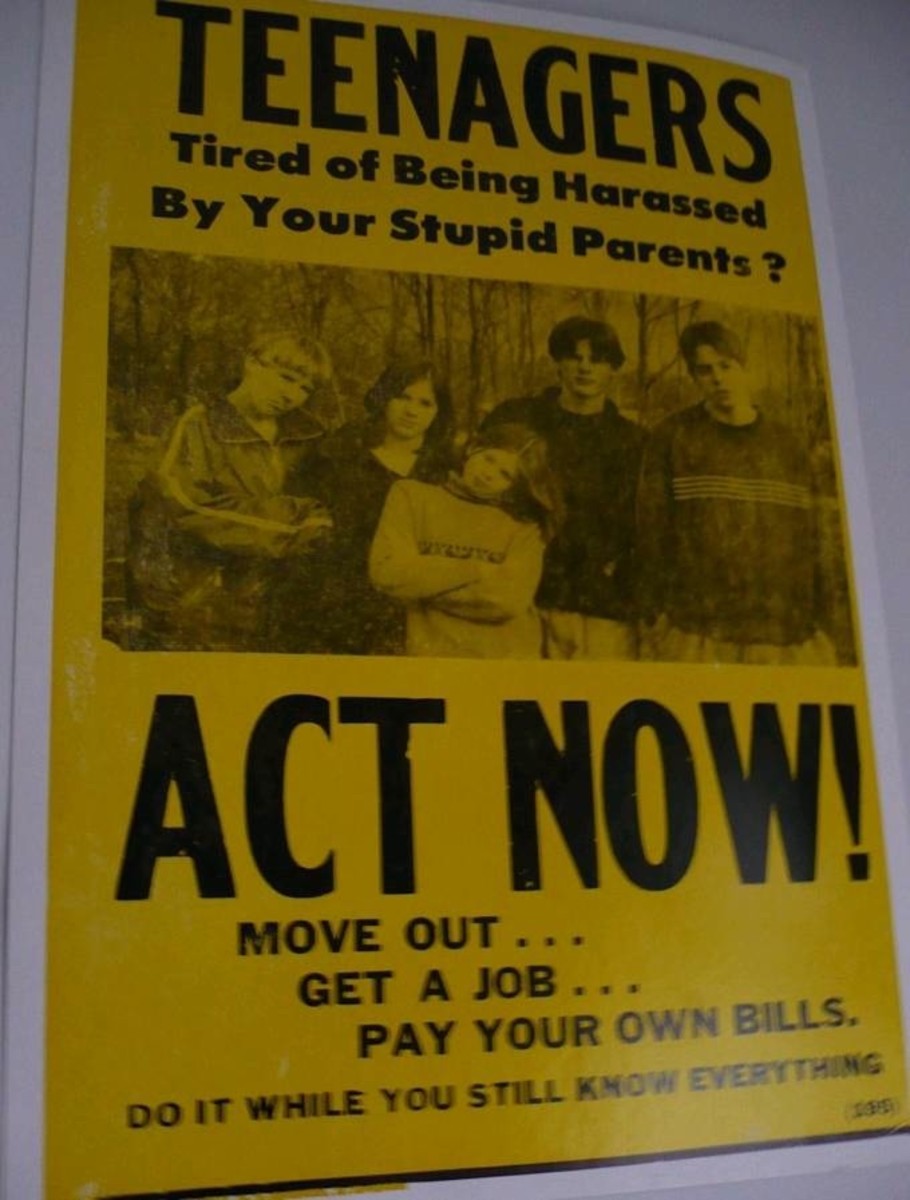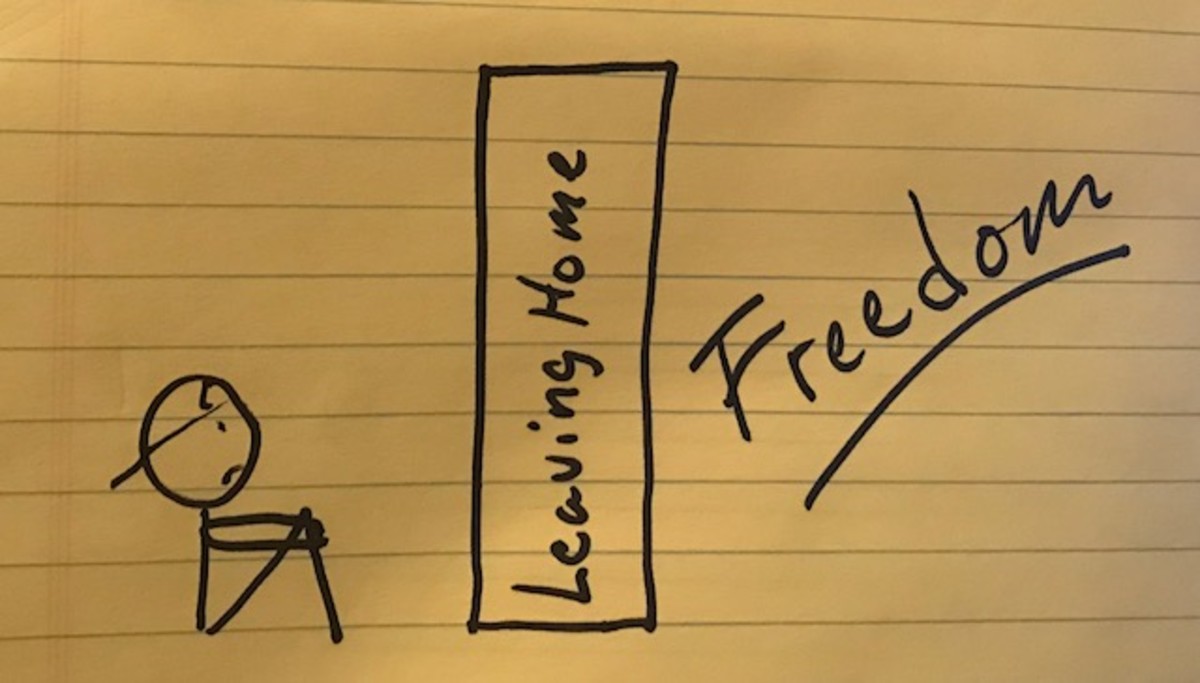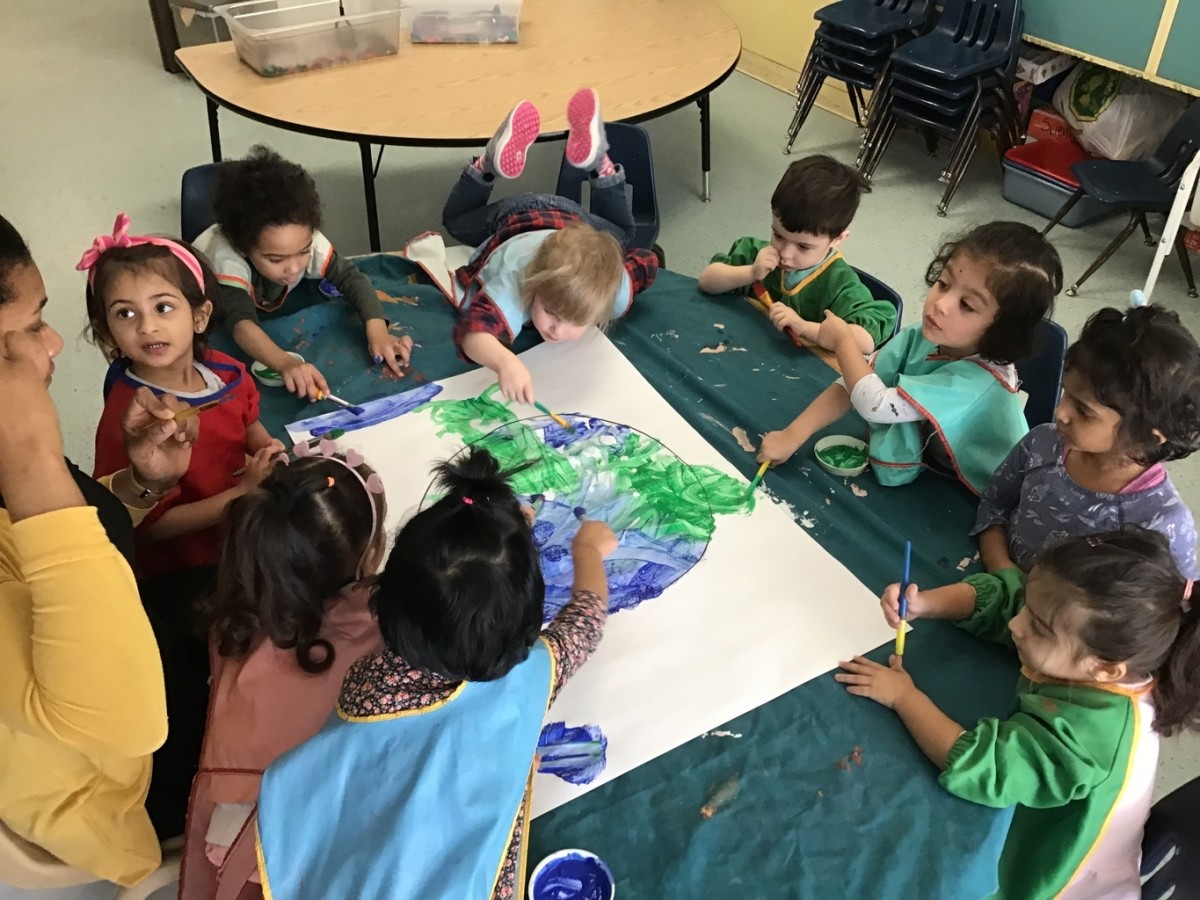How to Improve Your Relationship With Your Adult Children

Often, parents of adult children find it difficult to engage in a conversation with their grown sons and daughters. A conversation becomes strained and difficult as each search for the words to place in an unspoken sentence. Although parents and their adult offspring may experience completely different lives and live in very different worlds, it is possible for parents and their adult children to find each other engaged in valuable and interesting conversations. Follow these simple suggestions to enjoy a successful conversation with your adult children.
I Don’t Know My Kids Anymore
No matter what their parenting style, people may have fond memories of their young children at a certain age, when they were fascinated by mommy or daddy, and the whole world was new and inviting. As children age, parents may find it difficult to restore that deep connection with their adult offspring, and as the relationship changes over time, many parents feel they have “lost their little girl or boy,” as if, “that little child no longer exists.” While it is certain that your “child” has developed into a separate and independent unit of an adult, they have not really “changed” completely, but they do need to be identified by the parent as a fully functional and capable adult. Most adult children need the approval of their parents; it is part of being an emotional human being. Find the part of your adult child that you find the most inspiring, and compliment on that ability.

The Negative Pulling Away from Parents is Normal in Development
Watching children grow up can be very painful for adults. During adolescents, young adults enter the formal operation stage and are capable of thinking logically and abstractly. They can also reason theoretically, and may not agree with their parents’ ideas, strive for individualism or rebel against them in a negative way. For some parents, this normal act of “pulling away” by their children may create a profound resentment, and some parents may even feel betrayed as a bitter relationship ensues between the adult child and the parent. Overtime, if the painful emotions are not discussed by the adult children and parents, the relationship will continue to degrade and may even become obsolete.
Dissolving the Barriers around You and Your Adult Children
Asking your children for grandchildren, when they are going back to school, when they are planning to settle down and marry, or any other important life activity is not only annoying for adult children, but it may be painful as well. Your offspring may feel as if they are failing you if they don’t comply, but on the other hand, their life’s circumstances or emotional well-being is threatened by jumping into an important commitment that they are not prepared for. Instead, ask them how they are, what is going on in their life, or ask them about their job or friends. It is important that the parent offer respect for their adult children’s decisions and identify with them as an adult.
Snookums

Living Vicariously Through Your Children
If your adult child is happy about a new position or lifestyle that you don’t approve of, don’t judge them with your disappointment or criticize them for their decisions. Help them celebrate; and then remember why you had children in the first place. You wanted to raise happy people that can successfully manage their own lives and stand on their own two feet. Celebrate the fact that you have accomplished that difficult feat, and you are now the proud parent of an “adult baby boy,” that is living his life and is managing a complicated world on his own terms. Maybe you hoped he’d be a doctor, but making bobsleds in Aspen is what makes him happy. Be happy because, he is happy.
In Regards to Social Media: I Know You’re Proud, But!
A friend of mine called and wanted to know how to remove the photo she had posted of her adult son on her Facebook page. The photo was of a naked 2 year old on a bearskin rug. Apparently, her son was livid over the photo, and was equally unhappy that it continues to be passed around by his co-workers at the office. “Snookums,” was very upset with his mother, but he is speaking to her again. “I know she doesn’t mean it,” he said, “but it wasn’t the first time she has shamed me with her baby pictures.” Always ask your adult children before posting photos of them online.
Stop Living in the Past
A parent has had the opportunity to watch their children make mistakes as they grow-up and emotionally churn through the difficult stages of development. In the realm of growth and development, there is no such thing as a mistake. The forming of the brain and emotional growth take all kinds of turns and often don’t turn out as well as a young brain intended. Your adult child has changed and needs to know you have left their embarrassing and painful foibles of youth behind. Rehashing the mistakes you feel were made by your adult daughter as a child will damage your relationship, and may even cause an estrangement. No one wants to relive painful childhood memories and it is best to leave them where they belong— in the past.
Some People Experience Natural Conflicts
A multitude of factors contribute to relationships, and sometimes two people just don’t jive. A clash of personalities may happen in families and often people end up fighting or disagreeing by pushing each other’s buttons. If possible, try to find some common ground and focus on that subject. Sometimes, people can just agree that they ultimately disagree, and respect the other’s ideas and opinions.
Engage Your Adult Children in Conversation with Respect and Interest
The hallmark of being an adult is being respected by maintaining a private life that is somewhat interesting and promising. Children are not afforded privacy, and can only dream of doing something on their own in the future. Parents that treat their adult offspring with the same dignity and integrity as other adults may have fascinating conversations that involve intimacy and deep friendship. Parents, be proud of the interesting person that you have raised to adulthood; and be proud of yourself for accomplishing a loving and challenging act of faith.








